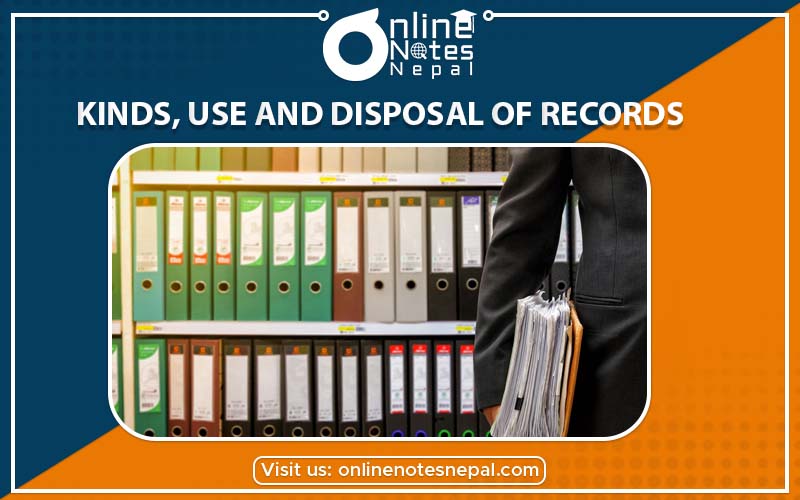Published by: BhumiRaj Timalsina
Published date: 19 Jan 2022

Record keeping is the store of information. Record are the history of an organization. It provides the basis for operating clerical and administrative activities efficiently. Each and every office and organization maintains different kind of record. Some record is very important and some are less important and some record are useful and some are useless. On the basis of importance, its period is different. Some record used in long period and some are a short period of time. Hence, the record is different retention period.
The records can be classified as follows:
The records which are preserved over a long time are called permanent records. These records can never be destroyed. Their useful period is not limited. The following documents fall under permanent records:
The records which can be destroyed after 20 years of the job completion are called the most important records. Such records must be preserved for 20 years after the completion of the job. The following documents fall under most important records:
The records which can be destroyed after 10 years of the job completion are called important records. Such records must be preserved for 10 years after the completion of the job. The following document fall under important records:
The records which can be destroyed after 5 years of the job completion are called most useful records. Such records must be preserved for 5 years after the completion of a job. The following documents fall under most useful records are:
The records which can be destroyed after 3 years of the job completion are called useful records. Such records must be preserved for 3 years after the completion of a job. The following documents fall under useful records:
The records which can be destroyed after 1 years of the completion of a job are called less useful records. Such records should be preserved for 1 year after the completion of a job. The following documents fall under less useful records:
The government of Nepal has established a separate office maintain the record of national importance which is known as 'Rastriya Abhilekhalaya'. Private and social organizations maintain their records as per requirement making their own internal rules and regulations.